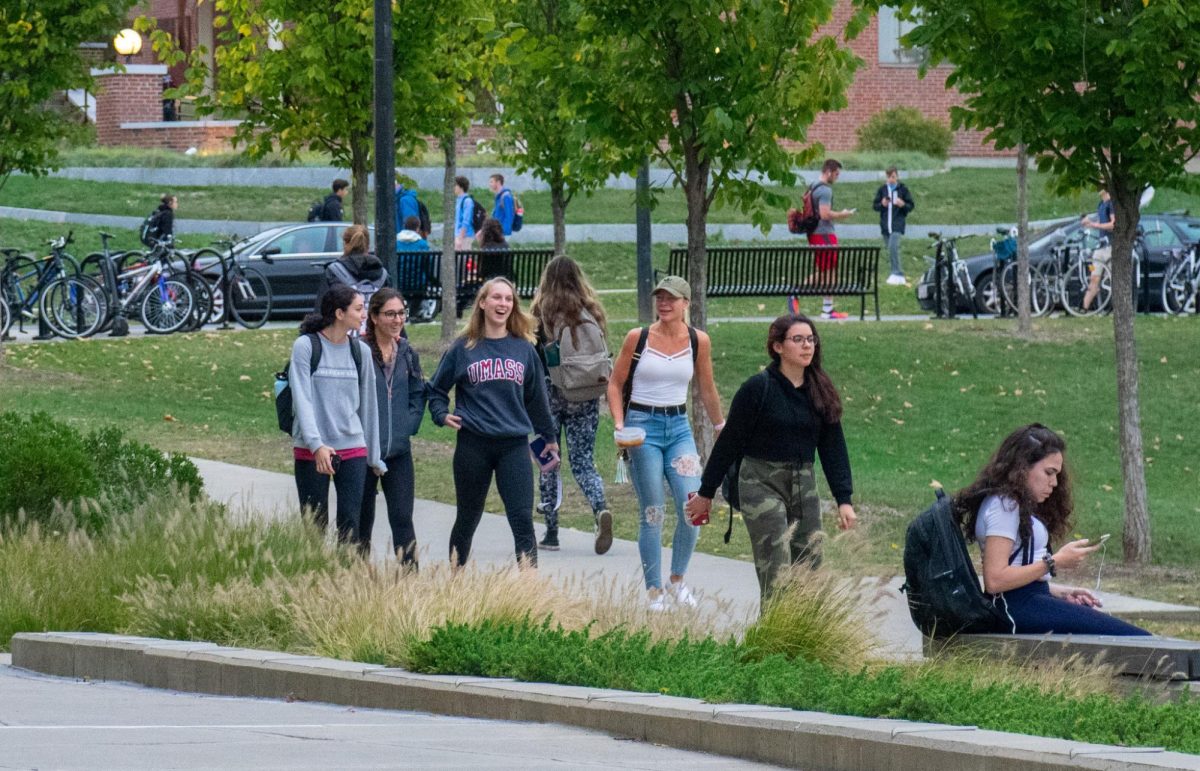We all get stressed. It would be weird if we didn’t. Here are some tips on how to develop stress-reducing habits to ease and improve your college experience and your general well-being.
Eat Right – I could write an entirely separate article on how your diet relates to your mental health. Eating correctly is an easy aid to reducing stress for work-packed weeks. In between powering through our notes for the exam on Tuesday, we need to remember to eat and to eat properly. Even if you develop a suppressed appetite, eating a little bit can help you think and sleep. When being initiated into a cult, new members are brainwashed during hazing by being fed only sugar pops because the lack of protein in the diet reduces their brainpower enough to become psychologically malleable. If you don’t want to get stuck on an essay or a test question, remember to eat, even if it’s a little bit.
Eating the right food helps too. You don’t have to give up the food you love, but if you have a test coming up or foresee a three-hour study session, there are foods that exacerbate stress and anxiety that you can learn to avoid. Caffeine and dairy have both been argued to heighten anxiety, especially for those prone to it.
Everyone is different, so everyone will have different reactions to different foods. I’ve found both bananas and pizza make it hard for me to concentrate, but they’re great for pre-workouts or snacks on the weekends. Chamomile tea is great for winding down at night if you’re prone to insomnia. If you’re like me and need caffeine but coffee causes too much stress for you, green tea has calming qualities while still helping you wake up and focus. On days swamped with homework or tests, it helps to play it safe and eat the non-stressful foods you know will help calm you down.
Exercise – Exercise is helpful with so many problems, both physical and mental. Whether you’re stressed, angry, depressed, bored – you name it – exercise can fix it. Some people don’t like the gym, and that’s why intramural sports are such a beautiful thing. Some like to go to the gym in the morning before class so they aren’t antsy during lectures and others prefer midnight jogs around campus. Exercise in any form, time or capacity is beneficial. We know this. It reduces stress by raising endorphins and giving your brain a short, healthy break. In fact, taking a break from homework by exercising wakes you up. You can’t lose with this one.
Sleep – Eight hours. Just do it.
Know when you need a break – Really, the brain is like any other part of your body and can get easily exhausted on a college workload. If you schedule your day to give yourself a certain amount of hours to study and a certain amount of time to relax, you will get your work done faster. Knowing that you will be eventually rewarded with a few episodes of the ninth season of “How I Met Your Mother” can go a long way towards concentrating on the work that needs to be done now. Know when you need a break and know when you shouldn’t procrastinate.
Don’t procrastinate – Putting things off will just make you more stressed than you were when you decided to procrastinate. If you start the work now, you will be less intimidated by it later. Getting a head start on your work helps to reduce stress because you will be less pressed for time while completing the work and less overwhelmed when the deadline approaches.
Meditate – This one may be unfamiliar. Meditation, when done properly, increases focus and thus enhances studying ability. Basically, it helps you focus on schoolwork while not freaking out about it. The less anxious or stressed you are, the better you will sleep, the healthier you will eat, the easier you will get work done and thus the less anxious or stressed you will be. See the pattern?
The University of Massachusetts has meditation workshops on campus called Koru, where instructors can help you learn meditation techniques. They also have a workshop entitled “Coping Skills Workshop for Managing Anxiety and Depression” that meets on select Monday afternoons.
Know you can get help – Everyone gets stressed, but for some it is a perpetual and crippling state of being. The UMass Center for Counseling and Psychological Health offers various workshops on how to deal with stress, anxiety, depression, substance abuse and more. If stress is hindering your overall happiness or effectiveness in school, know that you are not alone, especially on such a large campus.
Sarah Gamard can be reached at [email protected].

















